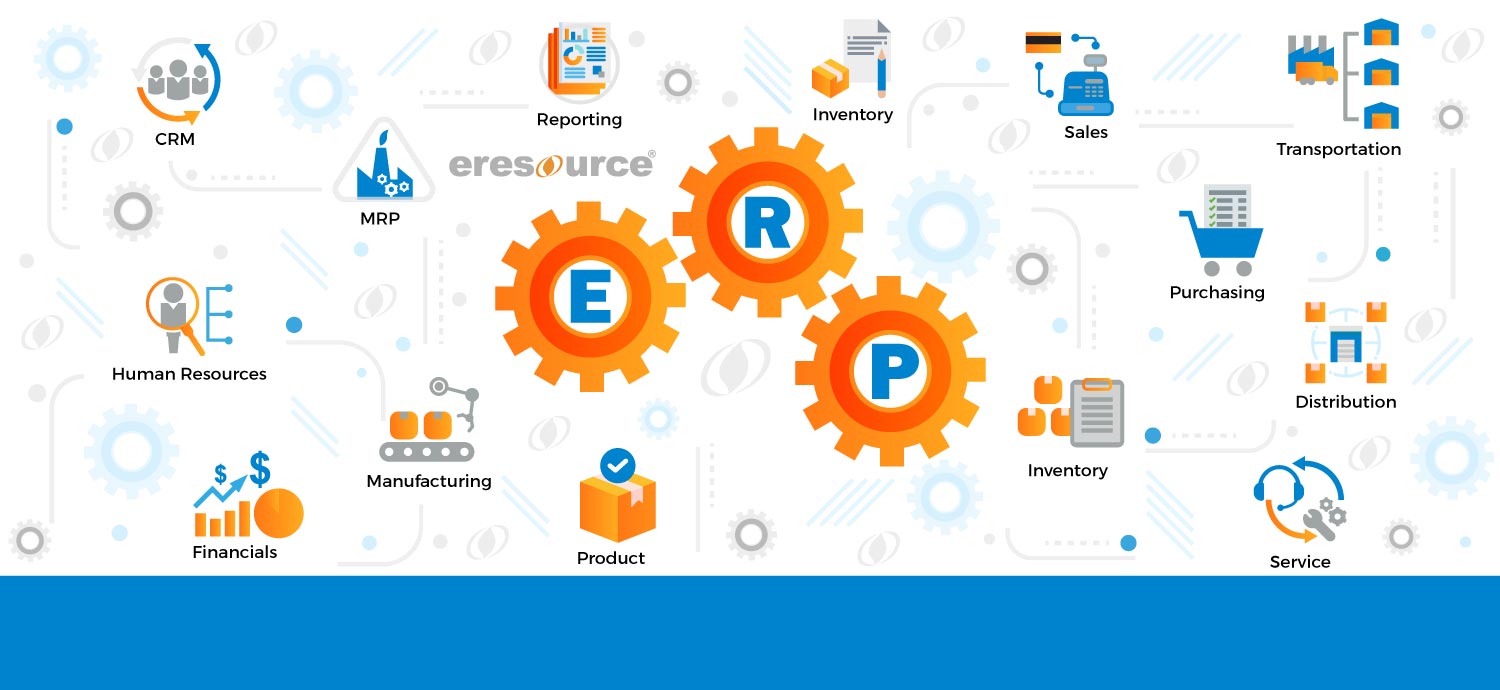Customization brings with it vast costs that make it a smart thought not to compose custom code just in case you can help it. Maximum ERP implementations require some custom programming at some point in time. The reasons why custom codes must be avoided are as follows :
Uncertainty and Increased Implementation Cost
Composing and testing code is costly. Indeed “little” changes can deliver errors that go through the whole ERP establishment, creating a wide range of reactions and absolute bugs that must be found and settled. Pursuing these things down is tiring and also expensive. Besides it’s difficult to make sure you’ve found and settled every one of the issues. The outcome is that the customization occupations quite often take additional time and cost a larger number of assets.
Also Read – Construction ERP Software
Maintenance and Upgradation
It is time-consuming and often expensive to get a new custom code installed. It takes lot of resources to get the new code to work with the existing code base. Ultimately, ERP Software continuously gets older and older. It also creates a complication for further upgradation.
The majority of ERP systems exhibit “ethical policies”
Rather than writing a custom code as per industry standards, you must genuinely consider changing your procedures to adjust to the way the ERP system wants to get things done. The only way ERP gains business advantages is by modifying the processes.
With present-day ERP implementations, there is considerably less requirement for customization. Configuring the ERP system properly will help lessen the customization work
Also Read – ERP Software in Nigeria
Categories
Register for Free Demo!
Recent Post
-

eresource ERP 360 - an
11th Apr 2019 -

A competitive ERP system for
17th Apr 2019 -

Auto components manufacturing industry has
17th Apr 2019 -

Make the best use of
17th Apr 2019







